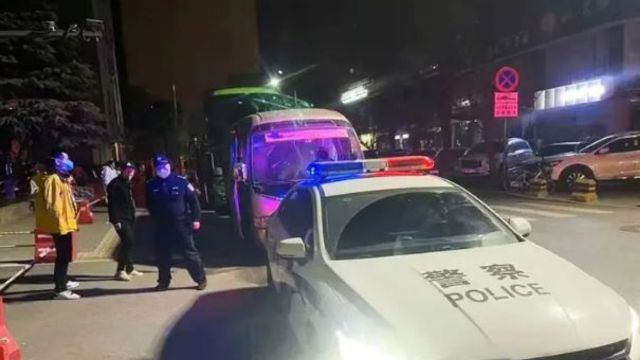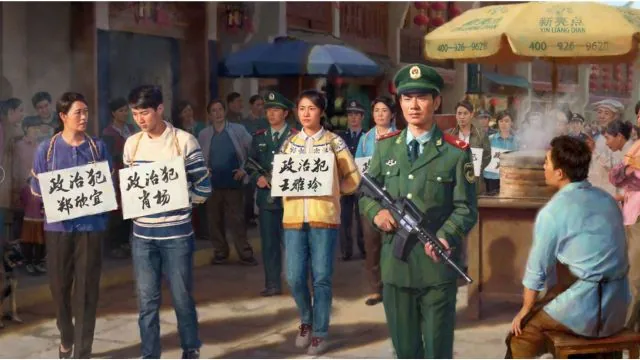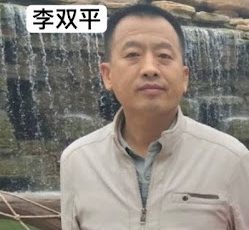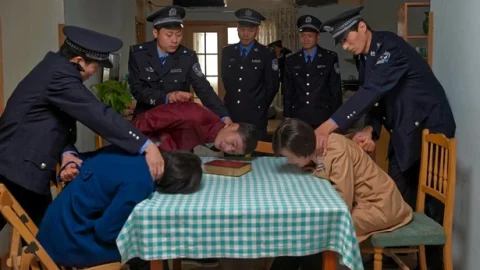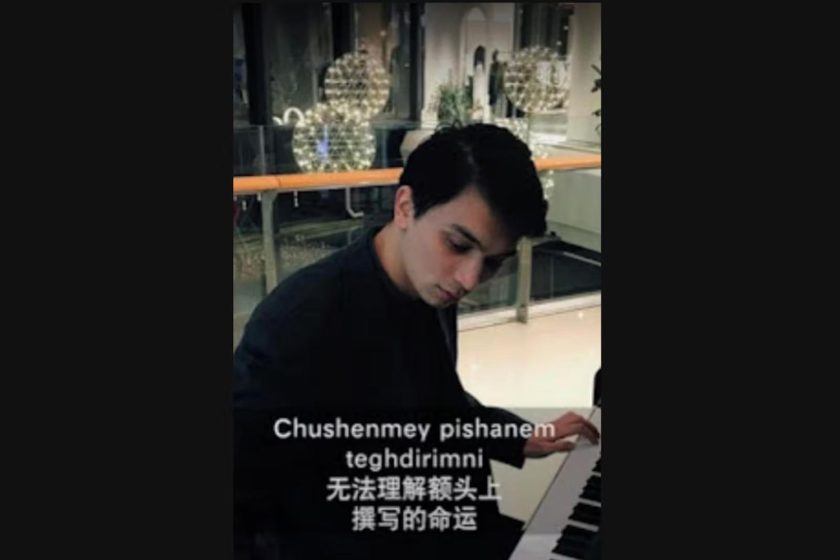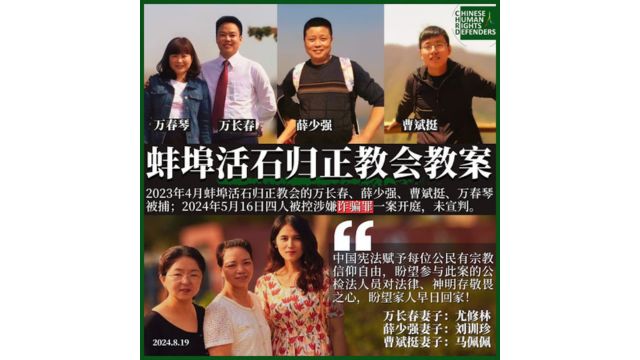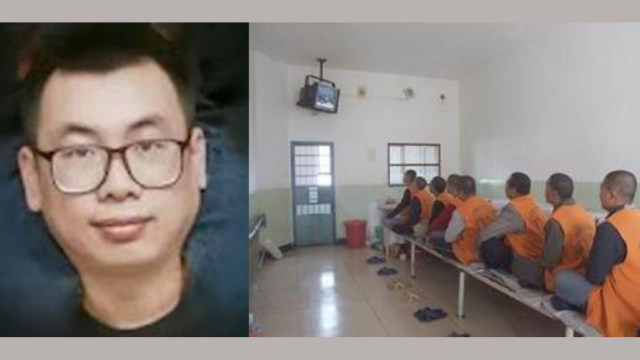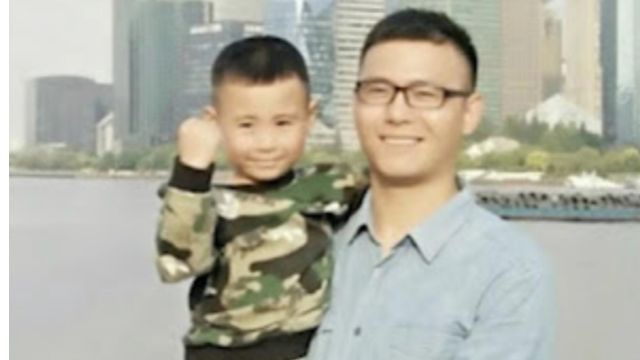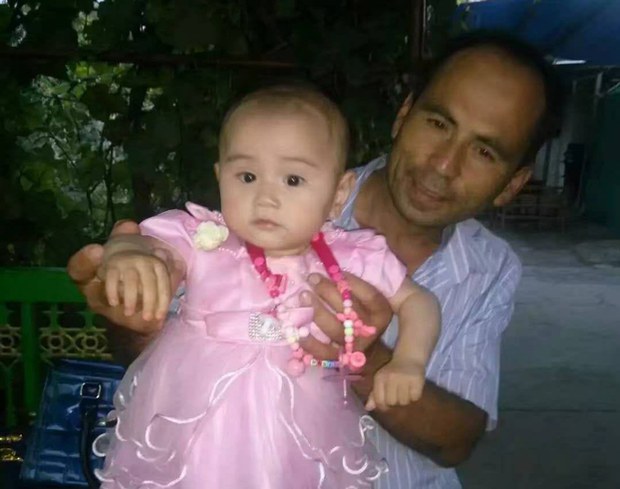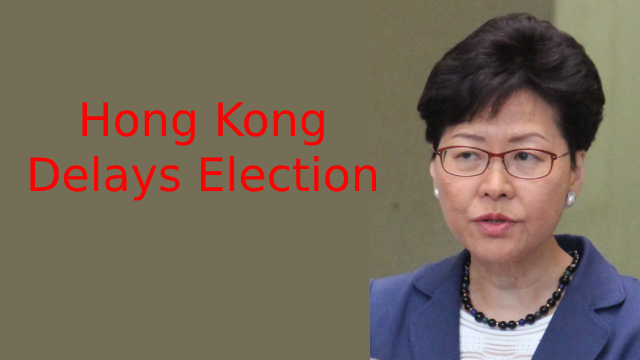
Hong Kong’s leader Carrie Lam on Friday announced the postponement of elections to the Legislative Council (LegCo) by one year, in a move that was immediately slammed by pro-democracy lawmakers as questionable, and tantamount to a political coup.
Lam said the 2020 LegCo election, originally scheduled for Sept. 6, would now be held on Sept. 5, 2021.
The government said the move was made “in order to protect public safety and public health as well as ensure elections are conducted openly and fairly.”
But 22 lawmakers issued a joint statement on Friday saying the decision had sparked a “constitutional crisis.”
“Postponement of elections is tantamount to detonating a constitutional crisis, which is tantamount to a political coup,” the statement said.
“Hong Kong’s constitution and laws should not allow such manipulation to take place,” it said.
The Hong Kong and Macao Affairs Office (HKMAO) of China’s cabinet, the State Council, and Beijing’s Central Liaison Office in Hong Kong issued separate statements on Friday expressing their understanding and support for the decision.
A Hong Kong government spokesman cited growing risks of a major community outbreak of coronavirus that could overload the city’s public hospitals.
“A situation with millions of voters casting their votes on the same day will create a very high infection risk,” the spokesman said.
“Under the existing regulation to prohibit group gatherings, it would not be possible for candidates to carry out any meaningful rallying activities.”
He said Hongkongers living and working in mainland China would be unable to return to their city to cast votes, while many remain stranded overseas due to the pandemic.
He said the government would invoke the Emergency Regulations Ordinance and that the decision would take effect on Aug. 1.
Hong Kong’s Basic Law states that the Legislative Council shall be elected every four years, and that elections can only be postponed for a maximum of 14 days.
Beijing sends two messages
Sing Ming, associate social sciences professor at the Hong Kong University of Science and Technology, said the government wanted to send two messages with the announcement.
“The first is that the Beijing is taking a hard line; the second is that the plan by pro-democracy candidates to win more than 35 seats in LegCo must not be allowed to succeed.”
Opposition and pro-democracy candidates swept the board in District Council elections last November, prompting fears among pro-China politicians that they could win a majority in LegCo on a wave of popular anger and months of street protests over the loss of Hong Kong’s promised freedoms and autonomy under Chinese rule.
Sing said Lam is at a low ebb in opinion polls, amid widespread public anger at her administration’s handling of the pandemic, and widespread fear and public opposition to the draconian national security law imposed on the city by Beijing.
“If elections are held in September, even if they disqualify a lot of pro-democracy candidates, the government could still end up with less support from voters,” he said.
“Also, it’s difficult for them to disqualify pro-democracy candidates if they never say anything publicly about the national security law or China’s violation of [Hong Kong’s mini-constitution] the Basic Law,” he said.
“I am guessing that the hardliners in Beijing are going all out to demolish any political opposition, and to plug all possible loopholes [for their resurgence],” Sing said.
Chung Kim-wah, assistant professor of social policy at Hong Kong’s Polytechnic University, said the postponement could spell the end of LegCo as a meaningful political body.
Chung said the government could select anyone it wants to act as provisional lawmakers pending an election that never takes place.
“This could have a massive impact,” Chung said. “Maybe there won’t be any voting ever again, and they will just recruit some of their lackeys to form a provisional LegCo, meaning that the government can do anything it wants.”
Sing said the government could also use the weakening of the democratic camp to resurrect unpopular political reforms granting votes to all five million voters, but only for candidates subject to approval by the authorities.
The announcement of this plan on Aug. 31, 2014 sparked the 79-day Occupy Central movement for fully democratic elections.
Call for sanctions
Friday’s announcement came as the New York-based Human Rights Watch (HRW) called on governments around the world to impose sanctions on Hong Kong and Chinese officials responsible for imposing the national security law on Hong Kong and to refuse requests for cooperation under the law.
“In just one month, Chinese and Hong Kong authorities have made painfully clear that the new law is a tool of repression, not national security,” HRW China director Sophie Richardson said in a statement.
HRW said it had written to 40 governments in a letter that was signed by more than a dozen other groups, including Human Rights in China, ChinaAid, the Chinese Human Rights Defenders network, Freedom House, Hong Kong Watch, and Humanitarian China.
Meanwhile, U.K. foreign secretary Dominic Raab condemned the earlier disqualifications of 12 pro-democracy election hopefuls by election officials on Thursday.
“I condemn the decision to disqualify opposition candidates from standing in Hong Kong’s Legislative Council elections,” Raab said in a statement.
“It is clear they have been disqualified because of their political views, undermining the … rights and freedoms guaranteed in the Joint Declaration and Hong Kong’s Basic Law,” he said, in a reference to the 1984 agreement governing the 1997 handover of Hong Kong back to China.
Reported by Man Hoi-tsan and Lau Siu-fung for RFA’s Cantonese Service, and by Lu Xi for the Mandarin Service. Translated and edited by Luisetta Mudie.
Source: Copyright © 1998-2016, RFA. Used with the permission of Radio Free Asia, 2025 M St. NW, Suite 300, Washington DC 20036. https://www.rfa.org.



